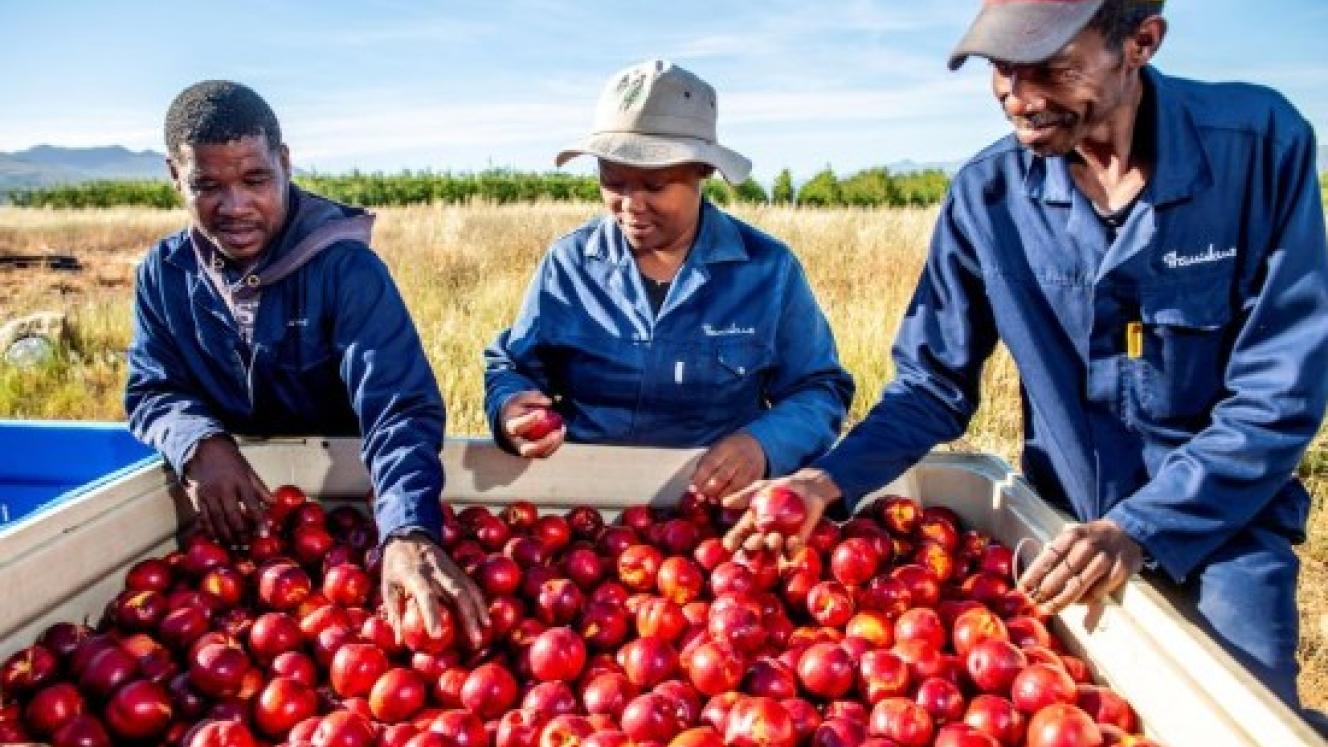South Africa’s stone fruit producers are set to benefit from a landmark trade protocol with China that opens the Asian market to five locally grown fruits for the first time.
Agriculture Minister John Steenhuisen signed the agreement with China’s General Administration of Customs in Shanghai this week, describing it as a breakthrough for farmers and exporters looking to diversify from traditional markets.
Business Day reports that the deal grants access for apricots, peaches, nectarines, plums and prunes – the first time China has approved multiple stone fruits from a single country under one protocol.
Government projections suggest the new trade route could generate about R400 million in export value over the next five years, potentially doubling to R800 million within a decade.
The inaugural 2025/26 season alone could yield R28 million in revenue, rising to R54 million the following year, with around 1 000 jobs expected to be created over the next ten years across farming, logistics and packaging.
The protocol comes as South African exporters face weaker demand and new tariff barriers in key markets such as the United States and the European Union.
According to the BDLive report, fruit shipments to the US fell sharply in the second quarter of 2025 before new duties were imposed in August, heightening the urgency to find alternative destinations.
China’s growing middle class and appetite for premium-quality produce make it an increasingly important market. The country imported more than 21 million cartons of peaches and nectarines and 20 million cartons of plums in 2024 – volumes far exceeding South Africa’s entire annual output.
Analysts say exports to China could eventually account for 5% of South Africa’s total stone fruit volumes by 2032.
The agreement follows the first shipment of South African avocados to Shanghai earlier this year and forms part of a wider effort to strengthen agricultural trade links with China. Technical cooperation on cherries and blueberries is also under discussion, alongside potential Chinese investment in port and cold-chain infrastructure to support faster, more efficient deliveries.
While exporters will need time to build buyer relationships and meet China’s strict import standards, the deal marks a significant milestone for South Africa’s fruit industry – one that could reshape its export landscape and open new opportunities across Asia.













